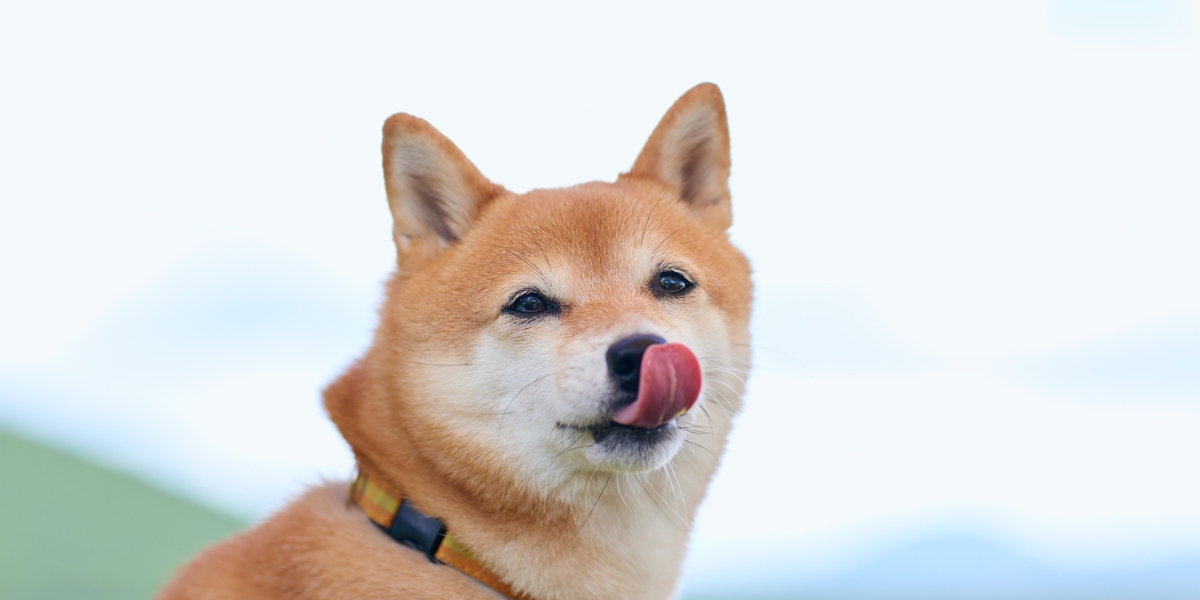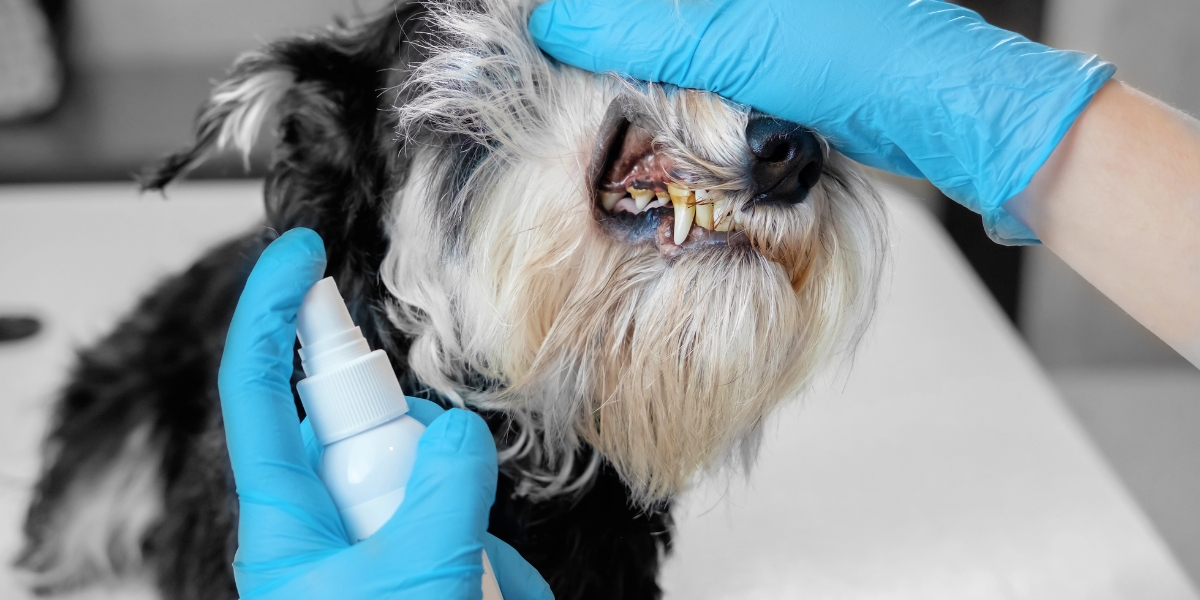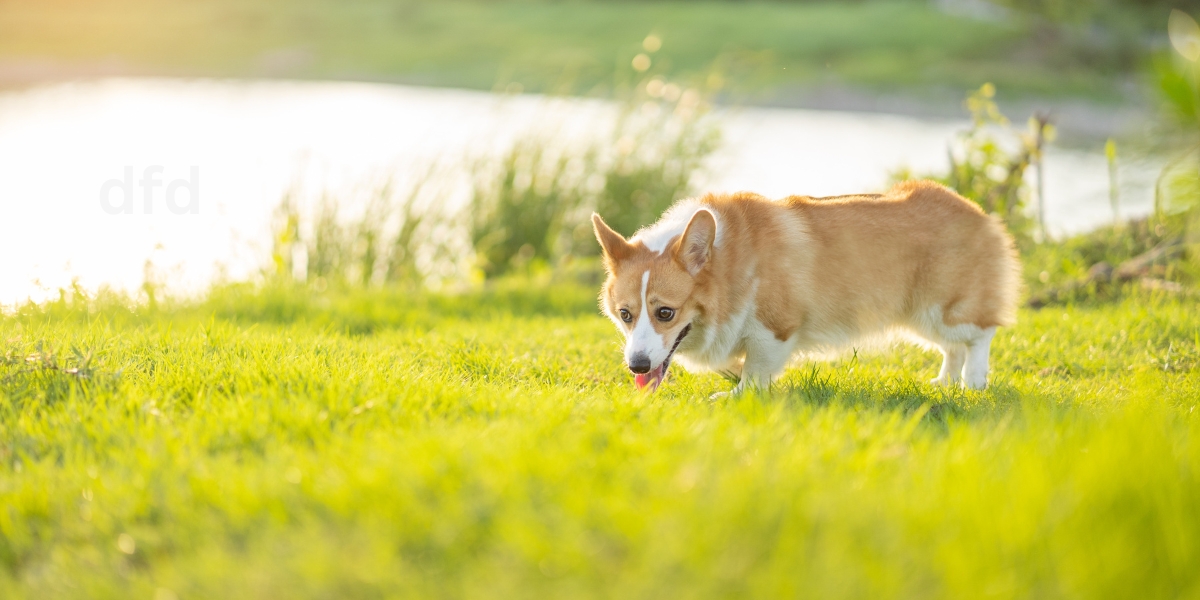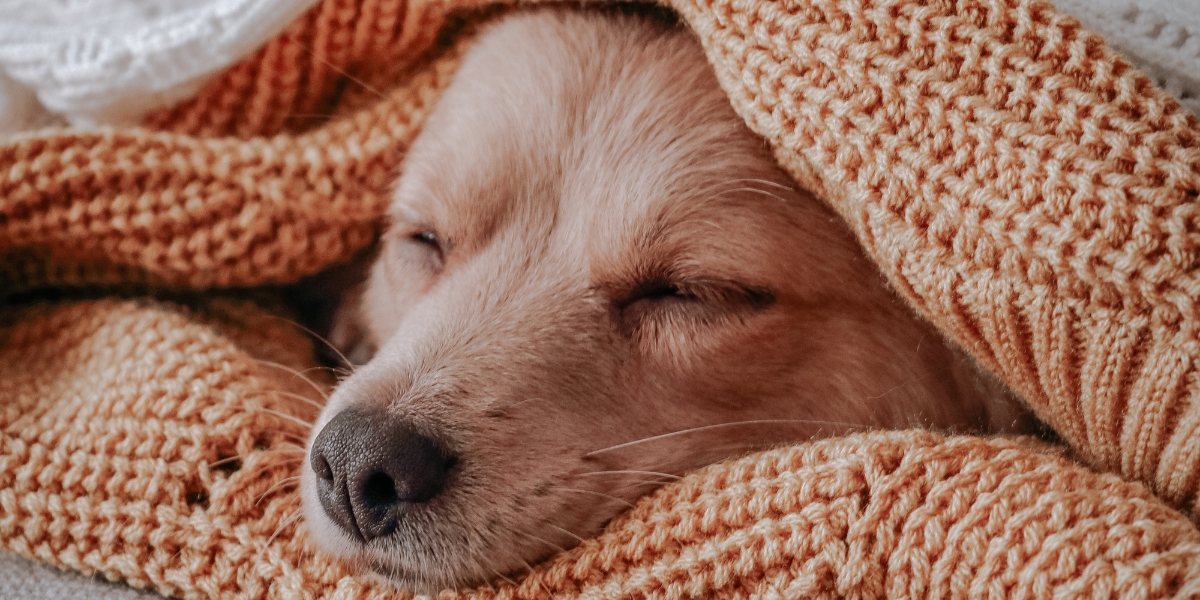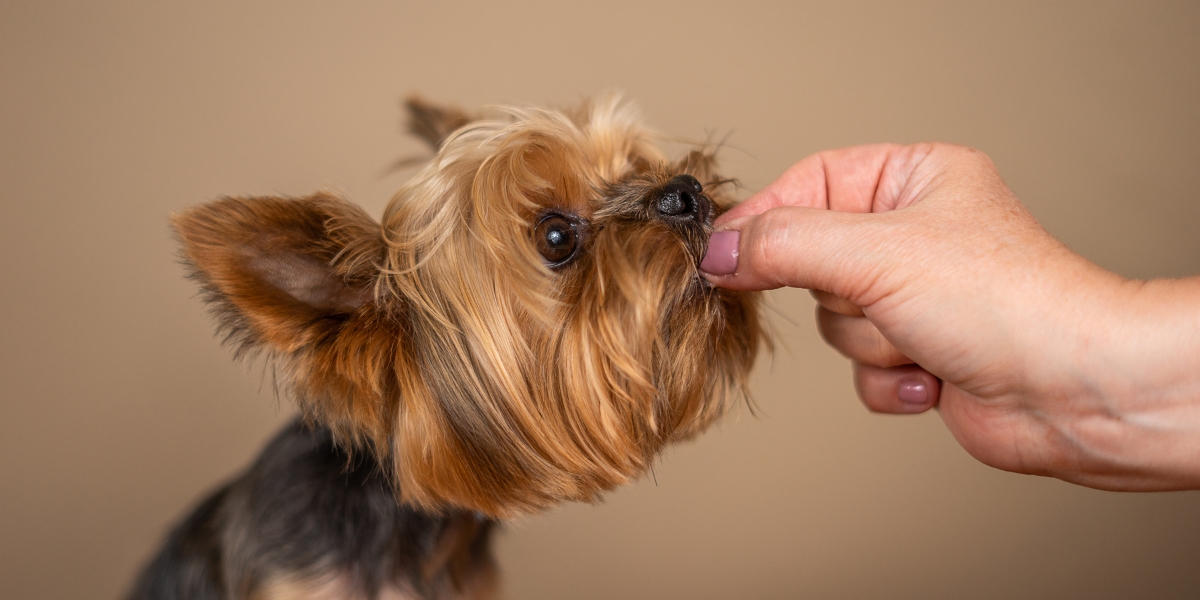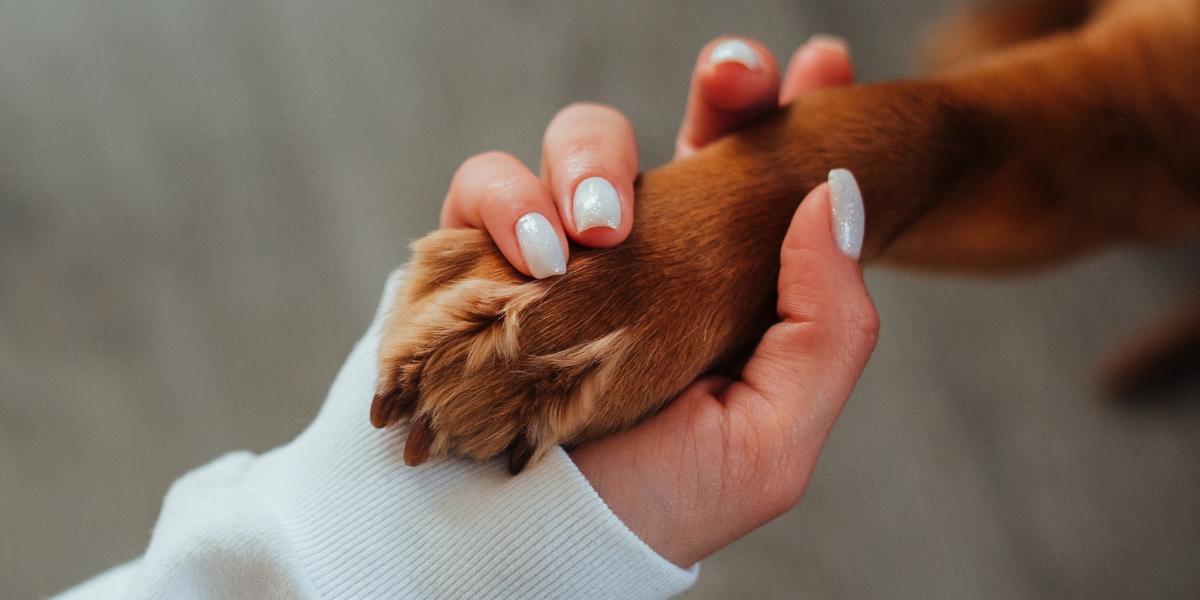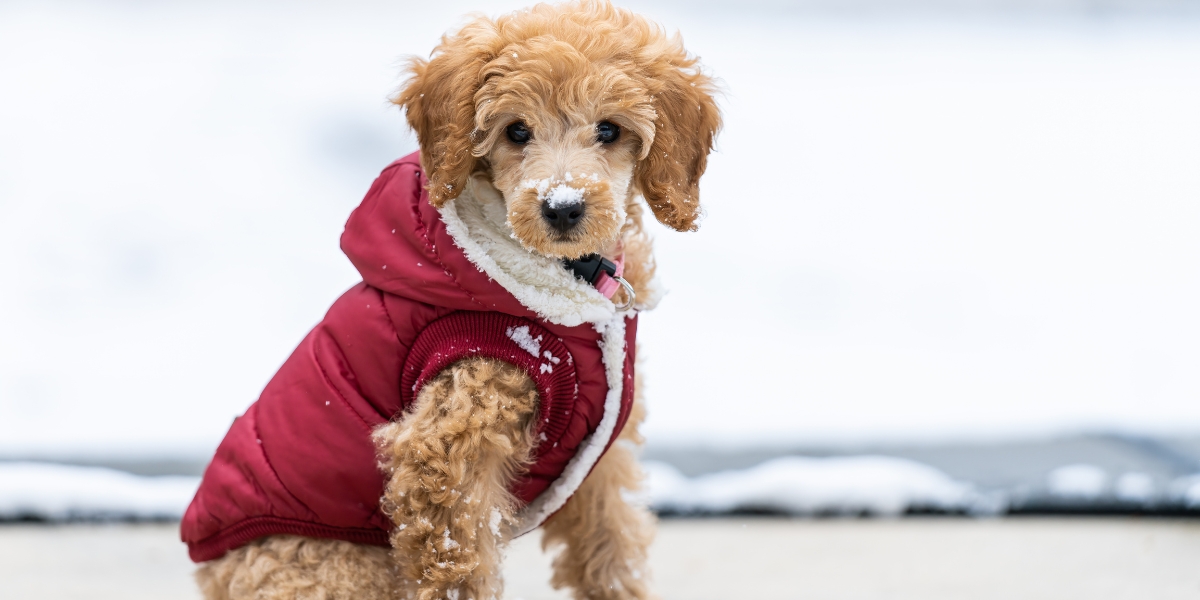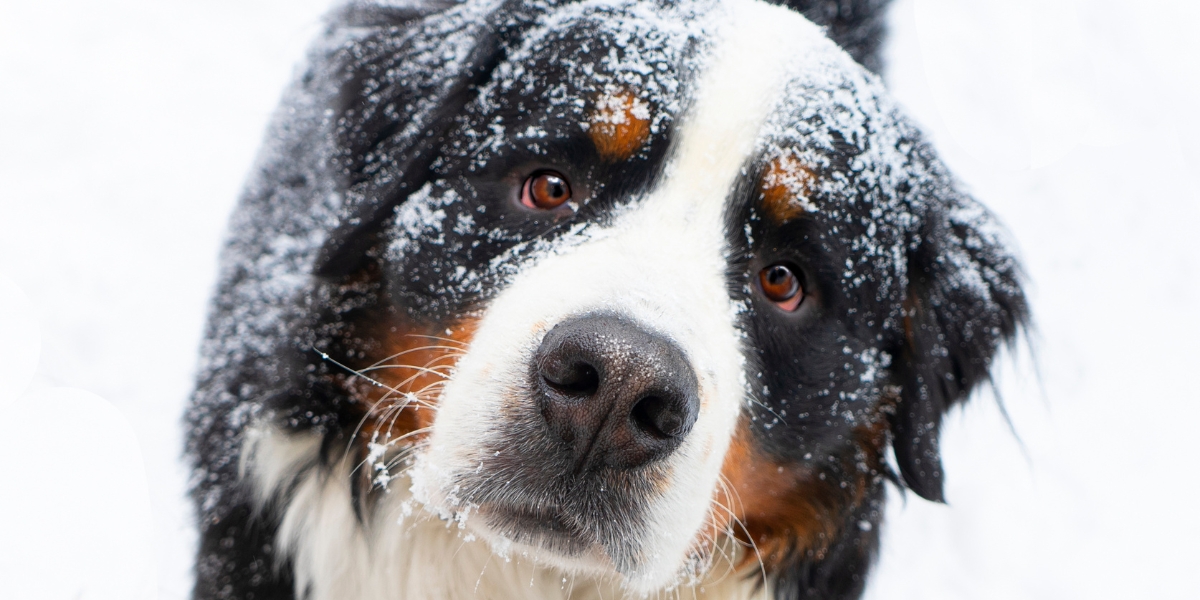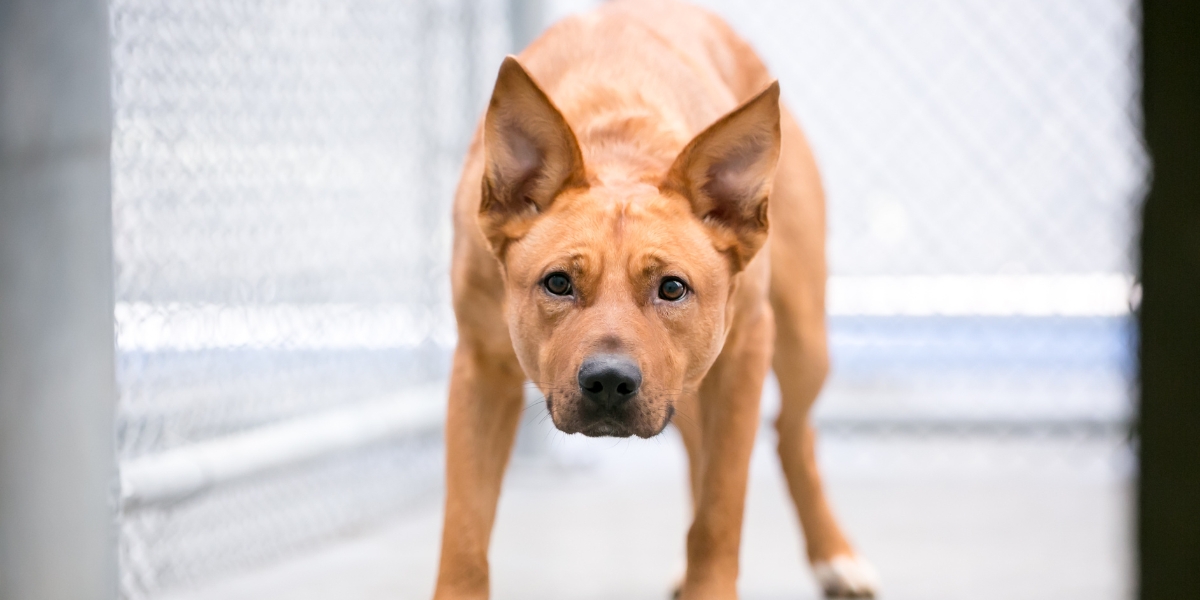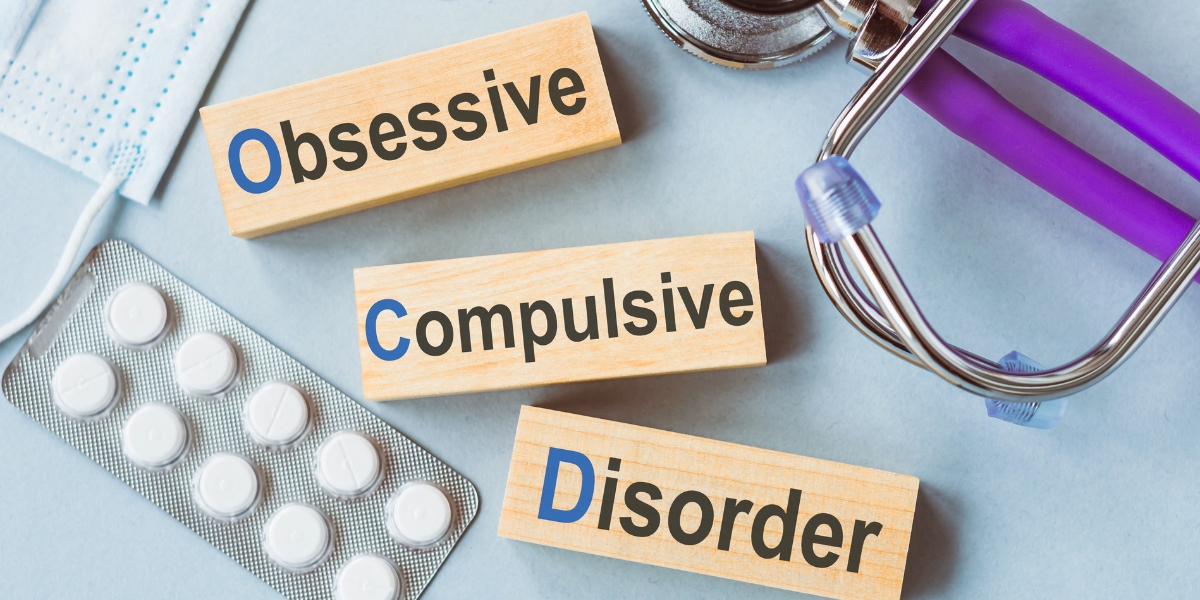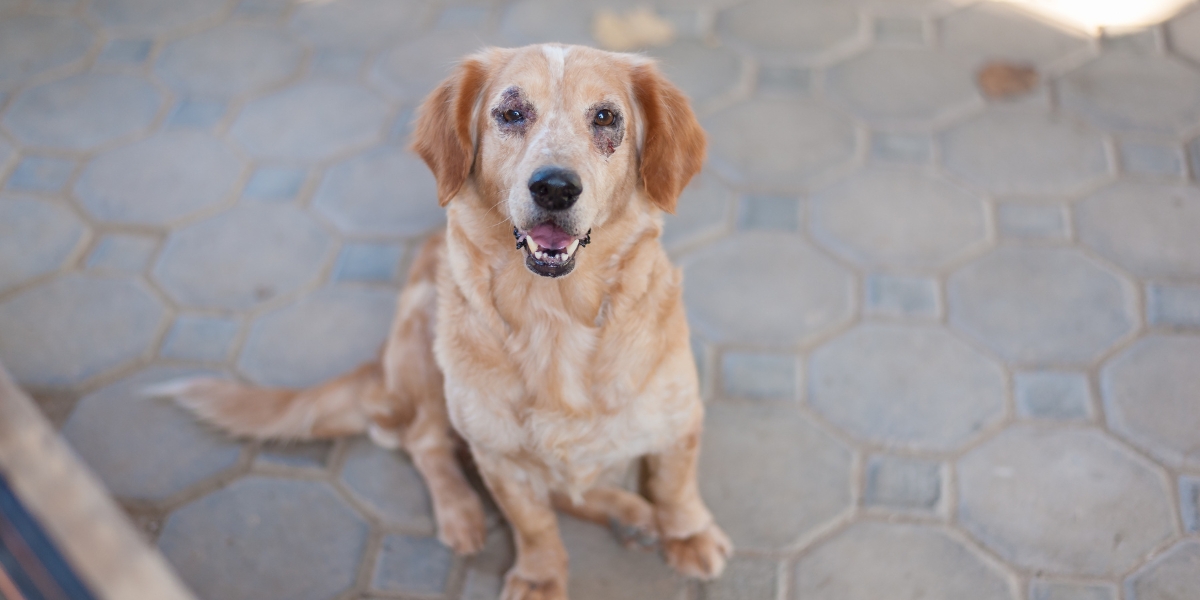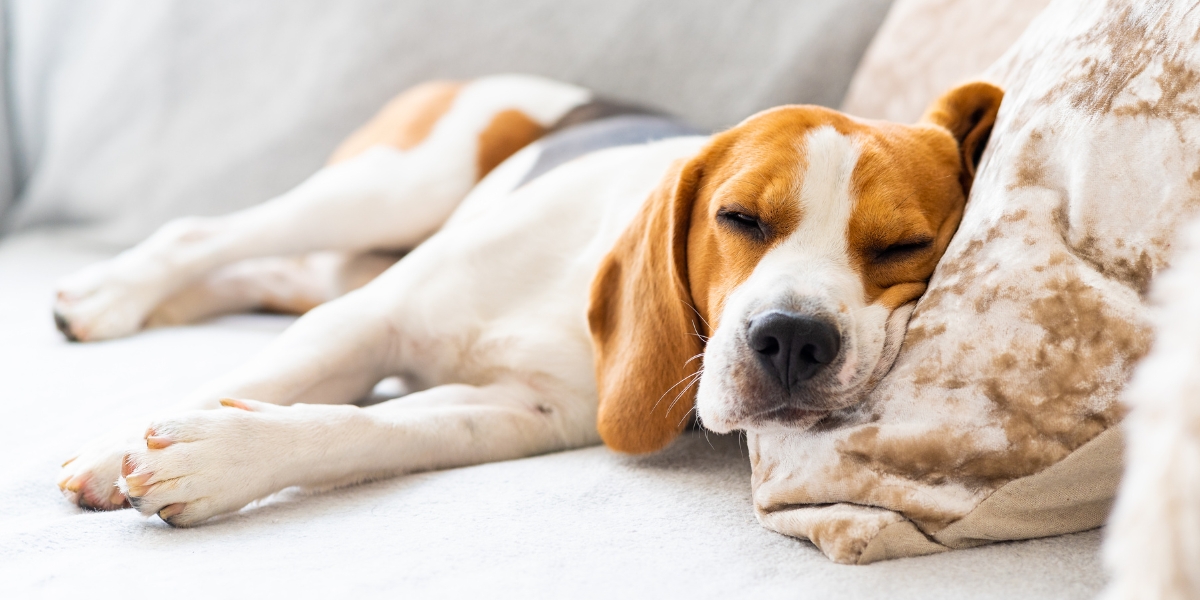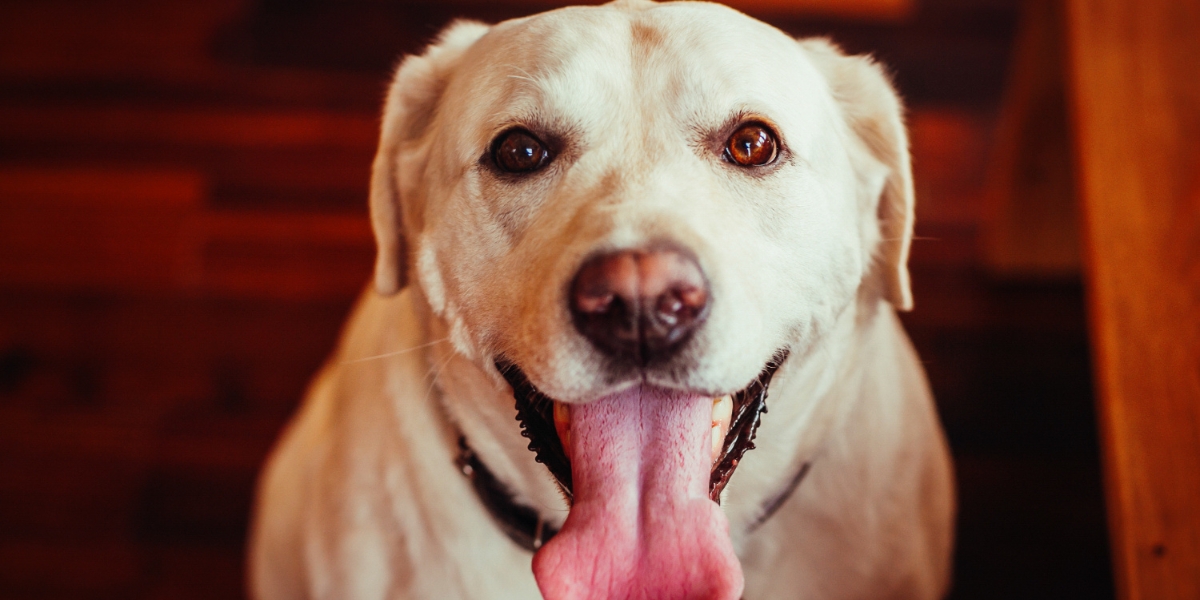Dogs may lick their lips and swallow at night for various reasons, and as observant dog parents, it’s natural to worry. This behavior can indicate a health problem, but it could also be a normal communication tool or a symptom of something less serious. Excessive licking might be your pet’s way of signaling discomfort, or it could simply be a response to behavioral or environmental triggers.
It’s important to stay highly observant. Your ability to notice changes in your dog’s health, behavior, or appearance can make your job easier and help catch potential medical issues early. Start by investigating the normal reasons for this licking and swallowing. If the habit seems frequent or unusual, consider moving toward abnormal causes, as understanding these patterns can bring peace of mind to pet owners.
When is it normal for a dog to lick his or her lips?
Dogs licking their lips periodically throughout the day is completely normal. Common reasons include:
- Giving a second thought to something.
- Using lip licking as a way of communication.
- The natural, instinctive amount of licking they do without any particular reason.
- Smelling something appetizing.
- Feeling hungry.
- Being excited.
Indications that lip licking isn’t normal
It is normal for a dog to lick their lips plenty of times throughout the day. However, if a dog is often or always licking his or her lips, it may indicate something beyond the common behavior. In addition to lip licking, dogs may show other signs or symptoms, such as:
- Difficulty in chewing
- Excessive salivation or drooling
- Reduced appetite or lower water intake
- Rubbing or pawing at the mouth
- Whining, pacing, panting or showing other signs of stress
- Whimpering or Shying away when you attempt to touch the mouth or head.
- Gulping or swallowing in an unusual or excessive manner
- Vomiting, retching or Gagging
Causes of Licking and Swallowing in Dogs
Lip licking and excessive swallowing can be signs of an underlying medical problem or a behavioral concern. In some cases, these actions may indicate a chance of more serious conditions. It’s important to identify the culprit, as it could range from medical issues to behavioral causes.
a. Behavioral Causes
1. Communication behavior
Dogs often lick their lips as a way to communicate feelings like being stressed, frightened, or even confused. According to behaviorists, this licking behavior acts as a calming signal or an appeasement gesture, helping to ease tension.
For example, a dog licking its lips after making direct eye contact with another dog might indicate conflict or discomfort. Similarly, yawning or other subtle body language can show they feel frightened or want to avoid confrontation, making this behavior a vital tool for dogs to express themselves.
Excessive lip licking can be caused by a frustrated dog feeling confused, making it important to identify triggers and apply proper training measures.
Environmental response
Dogs may lick their lips when they feel something unusual, like a bug hitting their face, a piece of food stuck to their lip, or even a blade of grass. This is often a normal and physiologic response, especially if it’s followed by swallowing. It could also happen due to anticipation of food, as the salivary glands start to flow, prompting lip licking naturally.
b. Medical Causes
1: Dental disease
Dental disease often advances due to plaque and tartar build-up along the gum line, creating an ideal environment for bacteria to grow. This can become destructive, damaging periodontal tissues and leading to severe periodontal disease.
As dental disease progresses, owners may notice their dog showing excessive licking and swallowing, along with a foul odor from the mouth. Significant accumulations of tartar, along with red, inflamed gums, can trap food or hair, leaving teeth infected and painful.
Dogs should brush and floss their teeth twice daily to prevent tartar and plaque from starting to accumulate. Without proper care, periodontal disease can develop, as dental issues in dogs can worsen quickly.
Dogs licking their lips due to dental disease often display other signs, such as:
- Dropping food or flinching while eating
- Hesitant to eat
- Bad breath
- Rubbing or pawing at the face (or displaying other signs of pain)
- Tooth loss in dogs
- Frequent sneezing
- Swelling beneath the eye (indicating a potential tooth abscess in dogs)
If you’re looking for symptoms of dental issues, it’s important to start by checking your dog’s gums and teeth. You should be able to see any signs of problems inside your dog’s mouth and consult a vet if necessary. Regular inspection can help you notice early signs of trouble and recommend appropriate care.
Signs of Dental Issues:
- Missing or Broken Teeth
- Yellow, brown, or black tartar and plaque on teeth.
- Red, swollen, bleeding gums.
- Foreign objects stuck in teeth.
Head to the veterinarian
Frequent lip licking, discomfort, and other symptoms could signal underlying dental disease in your dog’s mouth. Conditions like damaged or diseased teeth can be painful, and ignoring them may worsen your dog’s health. A veterinarian can assess the problem and determine if a dental procedure is required. Sometimes, this includes cleaning your dog’s teeth under general anesthesia or performing a tooth extraction.
Dental disease doesn’t just cause pain; it can also increase the risk of heart disease and harm vital organs like the liver, lungs, and kidneys. Addressing these issues early is important to help your dog and prevent complications. Make sure to consult your vet if you notice visible changes or suspect your dog needs professional care.
2: Foreign object in the mouth
If you suspect something is wrong with your dog’s mouth, start by taking a close look. Check if their teeth are clean and sparkly white, and give yourself a pat for doing a good job maintaining your dog’s dental health. However, if you notice symptoms like excessive lip licking, drooling, head shaking or bad breath, these could indicate a foreign object is lodged in their mouth or even dental disease.
Common items that might get stuck include bones, rawhide toys, sticks, or even small pieces of grass awn. If you see something obvious, carefully remove it. But remember, deeply lodged objects or those stuck far back in the mouth are nearly impossible to see, even if your dog is calm and well-behaved.
In these cases, it’s best to make a veterinary appointment. A veterinarian can perform a sedated exam, which allows them to look thoroughly for any lodged objects or injuries. If the vet finds a foreign object, they can remove it safely while your dog is asleep. Once your dog wakes, they’ll feel much better, and you’ll have peace of mind.
3: Bites
If your dog keeps licking his lips and swallowing at night, he might have been bothered by bites from insects like mosquitoes, horse flies, or even spiders. Sometimes, a bee sting or wasp sting on the face or around the lips can cause irritation, leading to swelling, pain, or even discharge.
Rare cases involve snakebites, but these are more serious and usually involve the mouth or face area. Watch for signs like your dog obsessively lip licking or showing discomfort, especially if the bites are near the face and mouth.
From my experience, a cool compress helps reduce swelling, and a quick check for visible stings or marks can guide what to do next.
4: Nausea
One of the most common signs of nausea in dogs is excessive lip licking and swallowing. It often happens when something irritates the gastrointestinal (GI) tract, like when a dog eats something they shouldn’t.
Nausea can cause hypersalivation, making dogs drool, lick their lips, or even try to eat grass to feel better. If you notice your dog burping, acting lethargic, or showing symptoms like vomiting or diarrhea, these are strong indicators of an upset stomach.
Digestive tract issues
When your dog keeps licking his lips and swallowing, it might be due to issues in the gastrointestinal (GI) tract. If your dog ate something they shouldn’t, like greasy or fatty foods, it can lead to nausea and discomfort. In some cases, this can even cause vomiting or diarrhea.
I’ve noticed that mild cases of nausea can be managed with a bland diet or probiotics, which help the dog get back to feeling better in just a few days.
However, in more serious situations like pancreatitis, dogs might quickly show severe signs such as abdominal pain, constant lip licking and vomiting. Pancreatitis is a life-threatening condition, and you should get your dog to the vet right away if symptoms progress.
If your dog is lethargic, burping or showing discomfort, it’s important to consult your vet to rule out these issues. In rare cases, a dog might even have a foreign object lodged in the digestive tract, which may require an endoscope or surgery to remove.
Lastly, acid reflux can also cause similar symptoms like lip licking and burping in dogs. A trial of antacids, such as omeprazole, might help if your vet suspects this as the issue. It’s always best to monitor your dog’s behavior and seek advice from a vet to ensure their comfort and health.
Non-GI problems
Sometimes, your dog’s lip licking and swallowing could be linked to non-GI problems like kidney failure or liver disease. These conditions can cause nausea and make your dog feel unwell. If you notice your dog acting off or showing signs of discomfort, it’s important to contact your veterinarian. A thorough examination, bloodwork, or even X-rays or an ultrasound may be needed to rule out these serious conditions. The sooner you address the issue, the better your dog will feel and recover.
5: Toxins
When a dog keeps licking their lips, trembling or drooling, it might be due to exposure to toxins. Common culprits include xylitol, chocolate or even cleaning chemicals and pesticides.
Dogs often lick or eat new foods, table scraps, or plant material, which can develop a funny taste in their mouths, causing excessive salivation. Marine or Sonoran Desert toads are also a serious concern; their venom can trigger intense drooling and lip licking.
Signs of toad venom toxicity include foaming at the mouth, continuous licking, and sometimes vomiting. The ASPCA Animal Poison Control Center or your veterinarian should be contacted if you notice these symptoms. In cases of serious poisoning, time is of the essence, and immediate action is necessary to prevent severe outcomes.
Always monitor what your dog comes into contact with, especially when outdoors or around cleaning chemicals. Prevent access to poisonous substances, and if exposure occurs, seek help immediately.
6: Bloat and GDV (gastric dilatation and volvulus)
If your dog is exhibiting symptoms like licking lips, swallowing, or attempting to vomit without bringing anything up, they might be suffering from bloat or gastric dilation and volvulus (GDV). This condition occurs when the stomach becomes distended with air and sometimes rotates or twists, causing severe pain and restricting blood flow. It’s especially common in large or deep-chested breeds.
Dogs that eat food too quickly or have a habit of gulping air are at higher risk for bloat. A bloated stomach is a warning sign, and immediate veterinary attention is critical.
Excessive lip licking in a dog could suddenly progress and rapidly indicate symptoms of bloat (GDV). Be aware of other signs, including:
- Pacing and restlessness
- Swollen, distended abdomen (pot-bellied appearance)
- Discomfort or difficulty when lying down
- Constant pacing and restlessness
- Drooling
- Rapid panting
- Whimpering, whining, hunched posture or other signs of pain
- Dry heaving or gagging
If your dog is showing symptoms like gagging, dry heaving, or trying to throw up unsuccessfully, these could be classic signs of bloat or GDV. You might notice a visually bloated abdomen or a painful stomach, which is a clear indication to take your pet to a veterinarian or emergency clinic immediately. As a client once told me, their pet’s condition worsened rapidly, and quick action saved the day.
GDV is a life-threatening condition that must be aggressively treated to improve the prognosis. It’s critically important to act ASAP. To reduce the risk in the future, procedures like gastropexy can help prevent this condition, especially for at-risk dogs. Always follow your vet’s advice and monitor any unusual symptoms closely.
7: Seizures
Changing gears to seizures, these can sometimes cause lip licking and may warrant an emergency trip to the veterinarian. Just like in humans, seizures in a dog can have variable appearances, from mild symptoms like licking to more severe ones that involve convulsing on the ground.
Three main types of seizures in dogs are:
Partial or Focal seizures — It occur when there is abnormal electrical activity in a specific part of the brain. These seizures often cause localized symptoms, such as facial twitching, lip licking or lip smacking. You may also notice chewing movements or slight movement in one limb.
Grand mal or generalized seizures — Grand mal or generalized seizures in dogs are severe seizures that affect multiple areas of the brain. These seizures can cause a complete loss of consciousness and violent limb movements. Typically, dogs experiencing this type of seizure will think and hear nothing during the episode.
Psychomotor seizures— It often causes them to stare into space or appear in a daze. During these episodes, dogs may show strange behaviors, such as trembling or shaking, which are typically accompanied by abnormal physical movements.
Seizures can be difficult to determine because what you saw might not actually be a seizure. Other health problems, like heart disease, can make a dog appear to pass out or experience a syncopal episode.
Similarly, issues like vestibular disease, strokes, or head tremors in dogs might look a bit or a lot like a seizure, adding to the confusion.
If you suspect your dog has had a seizure, it’s important to recommend taking him or her to the veterinarian right away. Especially if this is the first time your dog has shown seizure-like behavior, the vet will likely perform a physical and neurologic exam, and may suggest blood work, X-rays or advanced imaging to rule in/out other possible abnormal events.
8: Allergies
A more common and thankfully less emergent cause of excessive lip licking is allergies. Along with dental disease, they are often at the top of the list of the most frequently diagnosed reasons why a dog keeps licking his or her lips.
Dogs who suffer from allergies, whether from food, fleas or the environment, may also lick their nose, abdomen, or the base of their tail. You might notice that they have itchy paws, along with other symptoms such as
- Irritated, red or dry skin
- Shaking of the head
- Frequent paw yeast infections and bacterial skin infections (such as pyoderma in dogs)
- Excessive grooming
- Skin that feels warm to the touch
- Hair loss (either patchy spots or complete baldness)
- Red, swollen eyes
- Pinkish discoloration of the paw fur
- Ear infections (such as otitis) in dogs
- Frequent or excessive scratching
Some dogs with allergies may show most or all of these symptoms, while others have more subtle signs, such as excessive licking only. This is what makes diagnosing skin conditions in pets challenging.
Diagnosing and treating allergies
If your dog has allergies, it’s essential to consult a veterinarian. During the visit, the vet will likely ask a series of questions, perform a physical exam, and take diagnostic steps to figure out the cause. They may talk to you about your dog’s history and suspect specific triggers to narrow down the possibilities.
To pinpoint allergies, the vet might suggest a food trial to rule in or out food allergies. Blood or skin tests can identify environmental allergens affecting your dog. Additionally, ear cytology or cultures may be used to detect bacterial or yeast infections or other underlying issues that could be causing discomfort.
The diagnostic process often takes time and trial-and-error, but the good news is that the right allergy medicine or treatment plan can provide miraculous relief. In many cases, using the proper combinations of medications, foods, and shampoos can restore your dog’s fur coat and make him or her feel like a new dog again.
9: Dehydration
A dog that keeps licking lips at night might be dealing with thirst or dehydration, which is easily overlooked but usually corrected with water. If your pet has been outside on a hot summer day, walking, hiking or working, they might experience that familiar dry mouth feeling, just like us.
Lip-licking can be an instinctive attempt to relieve discomfort caused by a bone-dry mouth. Always carry a water bottle and offer it to your dog regularly.
Sometimes, dogs appear disoriented, panting heavily or even collapsed, which are serious medical reasons indicating heat stroke or significant dehydration. If your dog keeps licking lips, seems weak or tired, and shows no improvement after drinking, it could be a medical emergency requiring immediate attention.
Providing your dog with water usually resolves lip-licking if they’re simply thirsty. However, if it persists, watch for other signs like panting or unusual behavior, and contact a vet to rule out serious causes.
How to recognize dehydration in dogs
The quickest way to check for dehydration in your dog is by looking at their gums. Normally, gums should be bright pink and moist. If they feel sticky or dry, this is a clear sign of dehydration. You can also push on their gums gently—if they turn white and the bright pink doesn’t return within a couple of seconds, their Capillary Refill Time (CRT) is delayed, indicating they may be dehydrated.
If you suspect your dog is dehydrated, it’s best to take them to a veterinarian. The vet can assess their condition and, if necessary, administer fluids such as IV fluids or subcutaneous fluids to rehydrate them. This is particularly important if dehydration is caused by an underlying health problem.
Prompt care can help your dog feel better and prevent complications. A vet will also work to identify and treat the underlying problem that may have caused the dehydration, ensuring your dog’s overall health is restored.
10: Canine cognitive dysfunction
Canine cognitive dysfunction (CCD) is a behavioral condition often seen in senior dogs and is similar to Alzheimer’s or dementia in humans. As the brain declines with age, cognitive function deteriorates, leading to behavioral issues like lip licking, swallowing or yawning at night.
While some may assume these are normal signs of aging, they could indicate CCD, especially if the behavior is frequent or paired with other changes.
If your dog is showing unusual behaviors, such as excessive lip licking during sleeping hours, it’s essential to explore possible medical problems with a veterinarian. Early detection and management of CCD can help improve your dog’s quality of life and address underlying medical or behavioral issues. This is especially likely if the dog is also showing other signs of dementia, such as:
Anxiety — Increased pacing, panting, and an inability to relax, especially at night.
Less engaged — Decreased interest in socializing with the family, along with reduced activity and increased sleeping.
Disorientation — The dog gets stuck in corners, gets lost in the house, forgets where the food and water dishes are located, and sometimes forgets the door to go outside.
House soiling— Previously potty-trained dogs may start having accidents.
Changes in sleep-wake cycles— Dogs with CCD may become awake, restless, and roam at night, a behavior often referred to as sundowners.
If you suspect your dog has CCD (canine cognitive dysfunction), it’s essential to consult a veterinarian for a proper diagnosis. Watch for behaviors like anxiety, restlessness, and disorientation, and consider watching videos on dementia in dogs.
Medications like selegiline, along with supplements and environmental changes, can help manage symptoms and improve your dog’s quality of life.
11: Fear and anxiety
Sometimes, a dog licking lips at night can stem from behavioral issues like fear or anxiety. Dogs can’t talk but rely on body language to communicate with us. For example, dogs naturally lick lips as a calming signal or appeasement gesture, a way to show they’re not a threat. Behaviorists explain this type of non-verbal communication often indicates a dog is feeling stressed or uneasy.
If you notice your dog licking lips in a new situation, such as being petted by a stranger, it could mean they feel uncomfortable. This behavior may appear alongside other signs of fear, stress or anxiety, signaling that your dog is trying to let everyone know they’re not at ease.
- Raised hackles along the back
- Lowering the head or looking away
- Loud growling
- Visible eye whites or the “side eye” look
- Shaking or trembling
- Drooling
- Air licking
- Excessively shedding
- Turning away or attempting to hide
- Panting even when not thirsty or hot
The Tufts University Cummings School of Veterinary Medicine published an article on dog communication and body language, offering valuable insights for those interested in learning more.
Addressing fear and anxiety
When your dog appears fearful, it’s important to identify and remove the situation, object, or person causing them to feel uneasy. As mentioned, dogs communicate through body language, and if they’re telling you they’re uncomfortable, it’s your job to listen and protect them. Avoid reprimanding a scared dog, as it can make their fear worse. Instead, talk in a calm, reassuring voice and reward them for investigating the scary situation bravely.
If your dog is frequently fearful, it’s a good idea to talk to a veterinarian, who can recommend training techniques, resources, or even supplements or medications to help them feel more confident and less anxious. With the right support, your pet can learn to feel safer and more secure in challenging situations.
12: Obsessive-compulsive disorder (OCD)
In addition to fear, a behavioral reason for lip licking could be obsessive-compulsive disorder (OCD). Just like in humans, dogs can develop OCD, where they start performing normal behaviors in an extreme, repetitive manner. This behavior becomes difficult to stop and can inhibit their ability to focus on daily tasks.
Dogs with OCD may exhibit a range of different behaviors, including:
- Chasing their tail
- Constant licking of lips, paws, or other body parts (potentially causing lick granulomas in dogs)
- Pacing
- Obsessively chasing lights
- Ravenous appetite
- Snapping at the air as if catching flies
- Drinking excessive water (unrelated to typical causes of increased thirst in dogs)
- Eating dirt
It’s important to remember that some behaviors are completely normal for dogs to engage in occasionally, but if these activities are repeated excessively or the dog seems unable to be distracted, they may indicate a problem.
Reaching an OCD diagnosis
If you suspect your dog has OCD, it’s essential to consult a veterinarian. Unchecked behaviors can sometimes lead to physical harm and are often rooted in anxiety or other behavioral concerns. To ensure the best care, it’s a good idea to take videos of the behaviors your dog performs at home, as these examples in their normal setting can be more informative than what the vet might observe at the hospital.
During the appointment, the vet may use the videos, along with a physical exam and additional testing, to rule out conditions like partial seizures or other medical concerns. Once OCD is confirmed, these videos will help the vet develop an effective treatment plan tailored to your dog’s specific issues. This approach ensures the behaviors are addressed in a way that promotes lasting improvement.
13: Oral ulcers
Oral ulcerations can cause pain, leading to lip licking, excessive drooling, and frequent swallowing. These ulcers often develop due to infections, dental disease, or systemic issues like kidney problems. In some cases, ingestion of caustic substances, such as laundry or dishwasher detergent pods, can result in serious oral discomfort and ulcers.
Exposure to caustic products can further cause oral ulcers, making it vital to keep harmful items out of your dog’s reach. If you notice these symptoms, consult a veterinarian immediately to address the underlying cause and provide relief for your dog’s discomfort.
Lip licking—normal or not?
Your dog might be licking their lips for several reasons, and not all are a cause for concern. Behavioral conditions, like stress or excitement, or medical conditions can sometimes explain why your dog keeps licking. However, if none of these seem to fit, it’s likely just a normal part of your dog’s routine, such as cleaning themselves or expressing anticipation.
If the lip licking suddenly increases in frequency or comes with other symptoms, it’s best to consult a veterinarian. Trust your intuition as a dog parent, and don’t hesitate to ask questions about your pet’s health. An exhaustive list of possibilities might not always be needed—sometimes, simply listening to your instincts is enough to keep your furry friend safe.
Knowing what is normal
To understand your dog’s behavior, it’s important to get familiar with their normal state. Routinely examining your pet will help hone your intuition and allow you to quickly learn what’s typical for them. We recommend performing a simple 5-minute health scan once a month, or even weekly for a better grasp of their overall health. This habit makes it easier to detect abnormal changes and address problems early.
Taking a proactive approach can be invaluable in getting a faster diagnosis and ensuring a better prognosis if something feels off. You can also learn to perform this effectively by taking a course like Tip to Tail Health Scan™ Master, which can help you become an excellent advocate for your beloved companion. Knowing how to assess and detect issues sooner will give you peace of mind and keep your furry friend happy and healthy.


